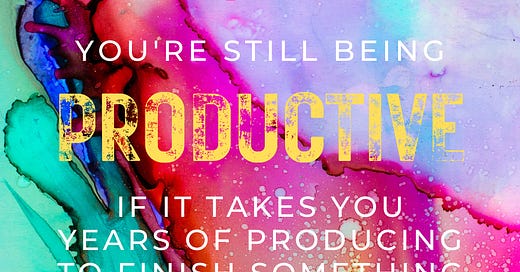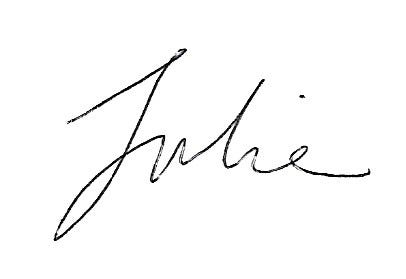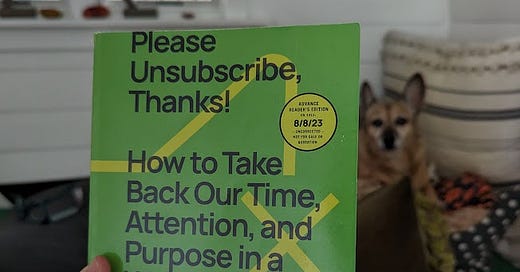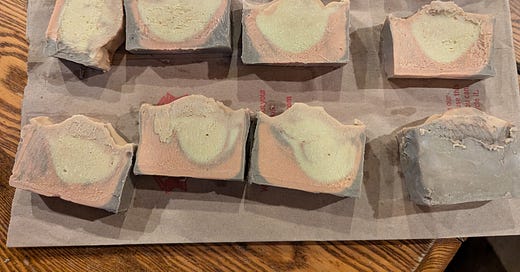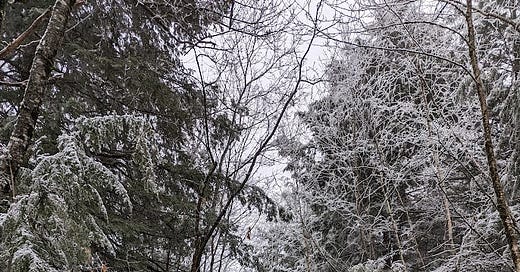
Discover more from Do the Work
Working at Art
In yet another morning pages entry reminding myself that I want to make books, not social media posts, I had a revelation: If I want to make works of art, the key verb is in the noun there: WORKS. Works of art take work. Work means time. Work means repeated failure and perseverance until eventually finishing the work, the art.
The novel I'm revising is slow in coming right now. I'm not forcing it. I'm looking at it sideways and sneaking up on it. I might write a sentence a day, or read a craft book instead and think about it. (Also I forget every time I have a book coming out that there are inevitably requests and tasks that take up huge chunks of time and brain space, so I'm allowing that to happen, rather than trying to force this novel to get rewritten.)
I also acknowledge that my relationship to the internet has reinforced an addiction to short-term finishing. I can finish writing a tweet in a minute, posting to Instagram in three minutes. I can read an article online in 12 minutes. Look at that, less than 20 minutes and I finished three things! And some of those things might already be getting feedback from the public. Amazing.
But none of those things are work, the sort of work that makes works of art. I can feel myself getting too addicted to the allure of short-term finishing, to checking things off a list.
I can't write a novel in 20 minutes. But I can work on one.
One of my best friends from college, when she was about 4, was given some housework chore. She didn't want to do it, and hid angrily in a closet. When she came out, she presented her parents with a large piece of paper on which she had written, in giant uneven kid letters: "WIRCK IS NOT GOOD." Her parents were delighted, framed it, and hung it on the wall. I saw it when she took me home during college, and have been thinking about it ever since.
On the one hand, we do have that feeling, as a culture, that WIRCK IS NOT GOOD. Like all of the people now being prosecuted for stealing pandemic relief funds, we're always on the lookout for easy money. There are enough stories of people going viral online and getting a book deal or a part in a movie to make us think it's possible. There seems to be this continuing push-pull between the go-go-go productivity-at-all-costs of hustling, and the allure of getting something for nothing that the internet seems to provide.
But the secret is, work often is not good. It's hard. It's uncomfortable. And certainly if you're presented with chores on a Saturday morning when you'd rather be watching She-Ra, it seems particularly Not Good. And the other part of that secret is, when the work is hard and uncomfortable, you're probably about to have a breakthrough. The last thing you should do is get up and distract yourself. If you're writing a book and you've written yourself into a corner and your inner critic is shouting at you about how your WIRCK IS NOT GOOD, keep sitting there. Free write, talk out loud, take a walk, take a nap. Do not get up and look at the goddamn internet. The answer might very well come to you.
George Saunders had a post on his Story Club newsletter last week about precisely this problem: that sometimes we discount the work we've done because writing a book is, in fact, hard. I recommend clicking over and reading that. As always, he has good things to say.
Work isn't easy. It's not supposed to be. In the words of your mom, if it was easy, everyone would do it. If you've done the work of writing a book from beginning to end, you should celebrate that. It was work, and you did that. And while it may not be easy, it can have ease. Work can be hard and also bring you to that place of flow, that place of ease. In that place, writing is still hard, but there is ease thanks to the skill and brilliance and bits of yourself you're bringing. Don't discount that. You can do it.
Every one of my books was hard to write, and took time, and work. I'm happy to tell you that. I'm not going to diminish the work I did.
Strive to make works of art, not easy-peasies of art, my friends.
Thoughts and Links
Here's more about working, from Sebene Selassie, in a beautiful essay about choosing joy and rest over productivity.
I'm feeling a need for some quiet and space -- it might be time again to do a DIY Retreat (good advice there from Heidi Fiedler).
I like this essay in the NY Times (link is to an unlocked article) about having fun. How? When? Do you remember fun? Turns out if you're keeping a diary of whether or not you're having fun, and interviewing researchers who developed a "taxonomy of fun," you might not be having any. Mostly I'm thinking on this: “Fun is pleasure without purpose.”
Just yesterday I finished my second read of the excellent book The Art of Money by Bari Tessler. The first time I read it, a few years ago, the prospect of diving into my money issues was so terrifying that I didn't do any of the exercises. This time it took me eight months to go through, and it was profound. If you are, like me, a creative person who thinks "I'm so bad at money" then I recommend this one.
Surely I'm not the only one of us who chewed through four night guards over the past three years. On a whim (most boring whim ever) a few months ago, I got this no-boil Sleep Right one from the drugstore. It purports to train you to stop gnashing your teeth, and it has worked for me. I wear it for only half the night now, and am hoping to stop completely as soon as the world stops giving me reasons to clench my jaw.
Subscribe to Do the Work
How to get writing done when the distractions of modern life are coming at you fast.

